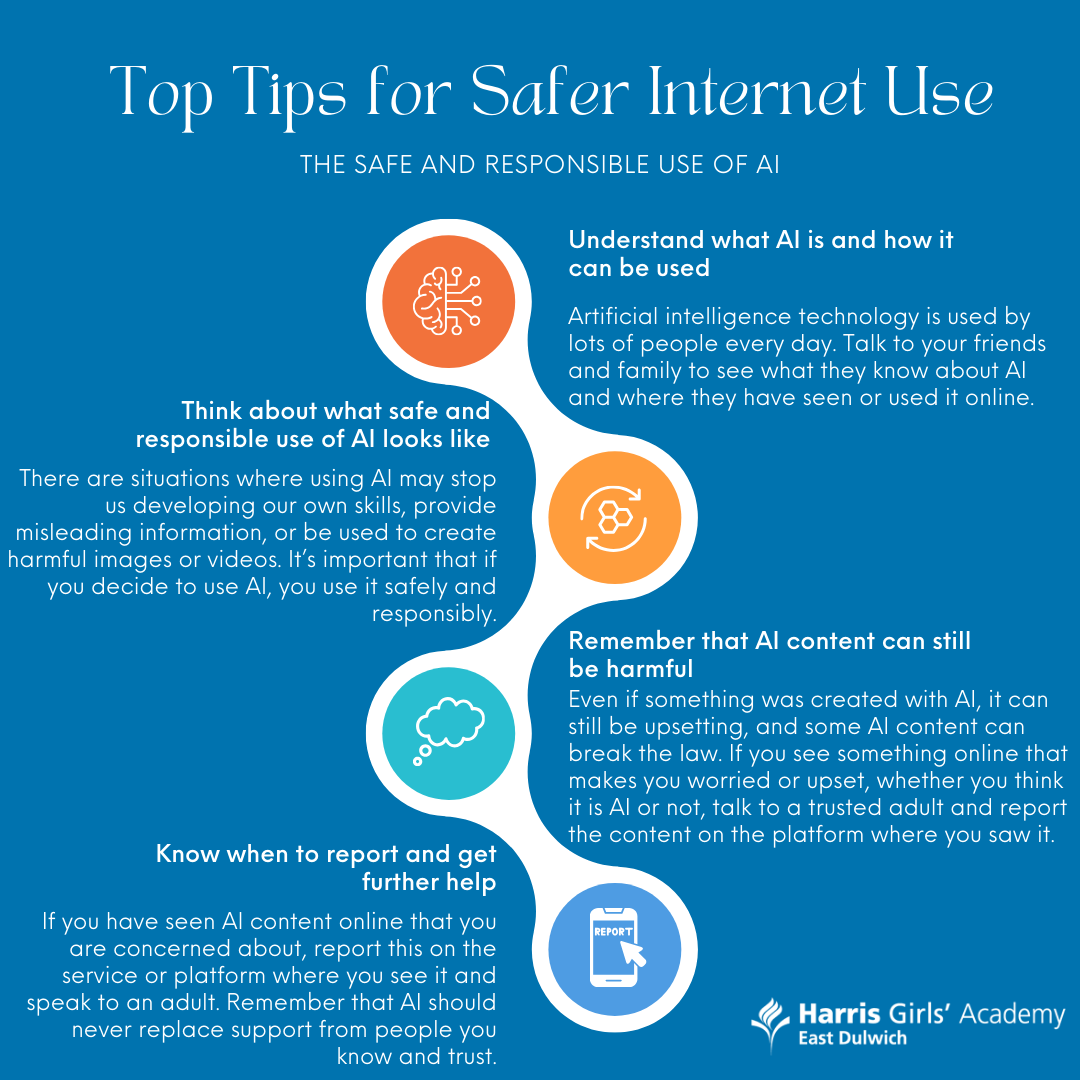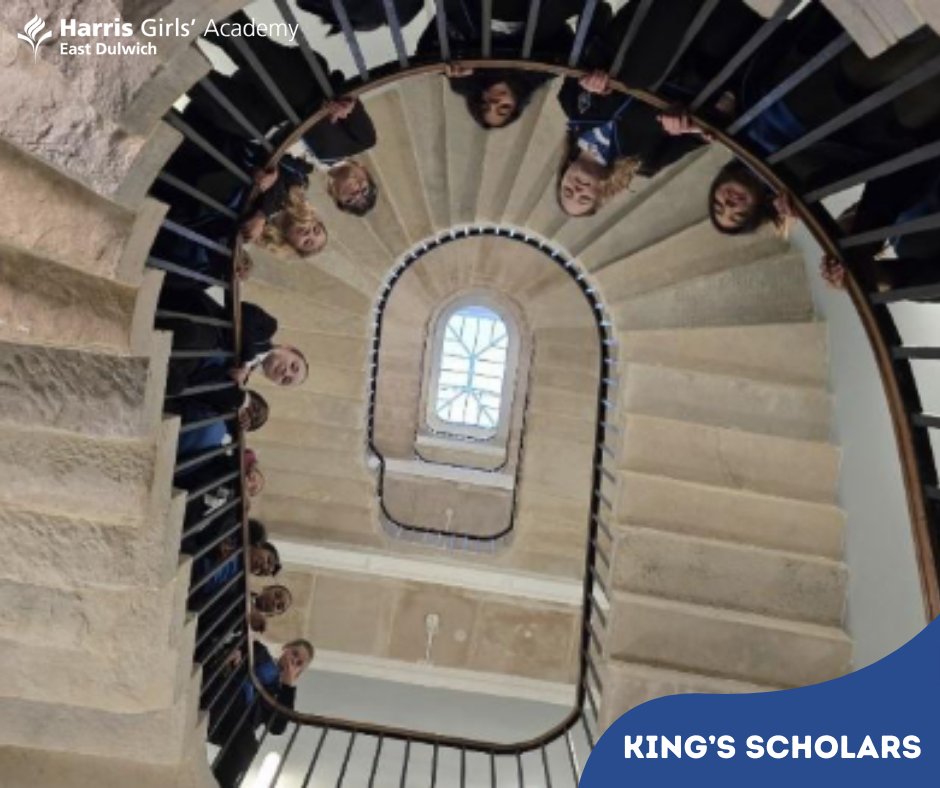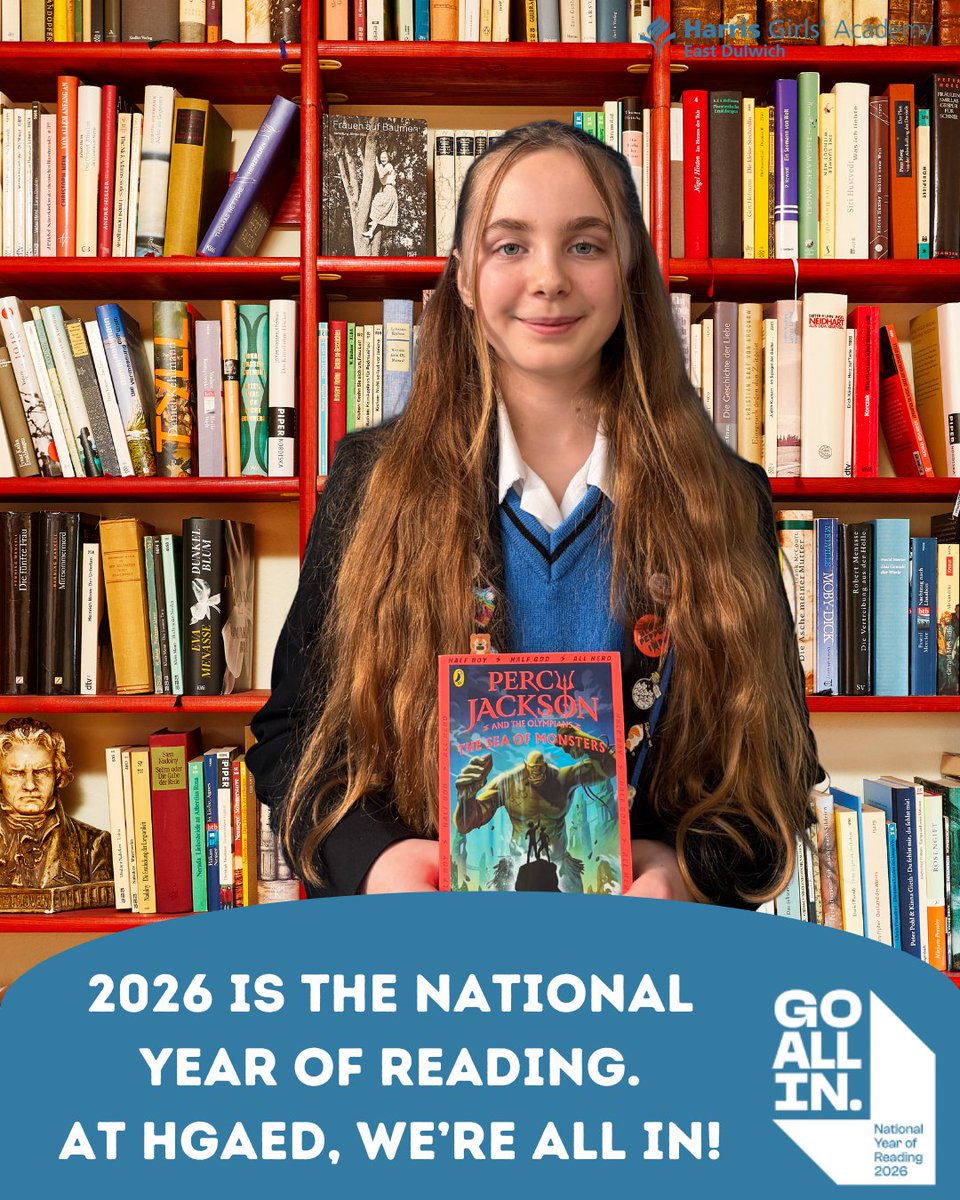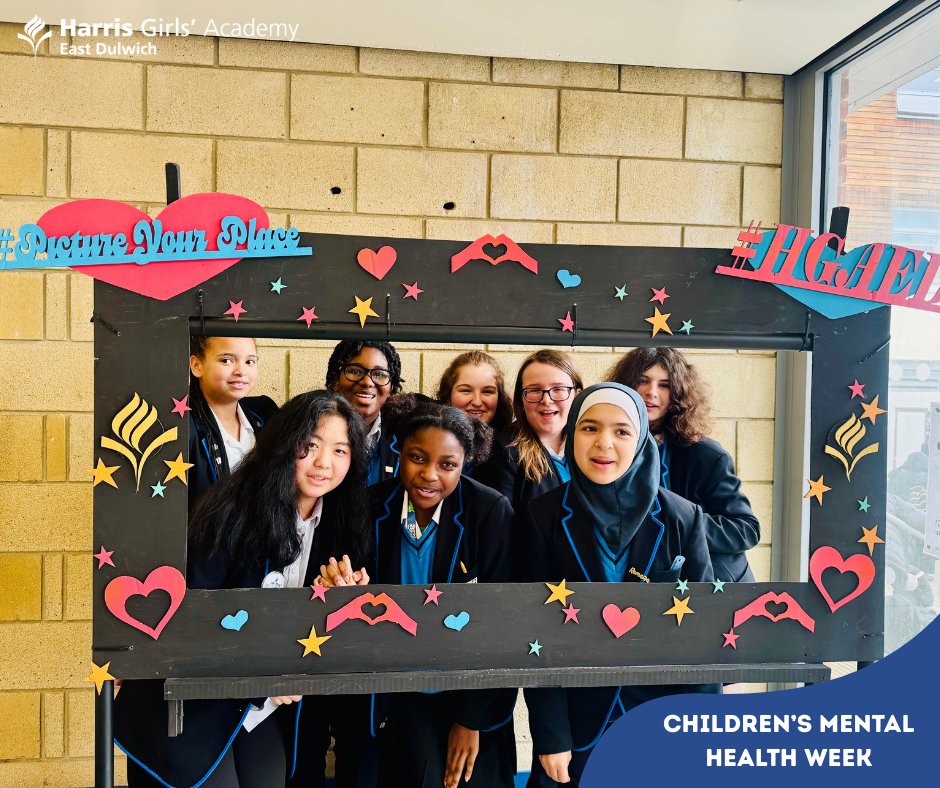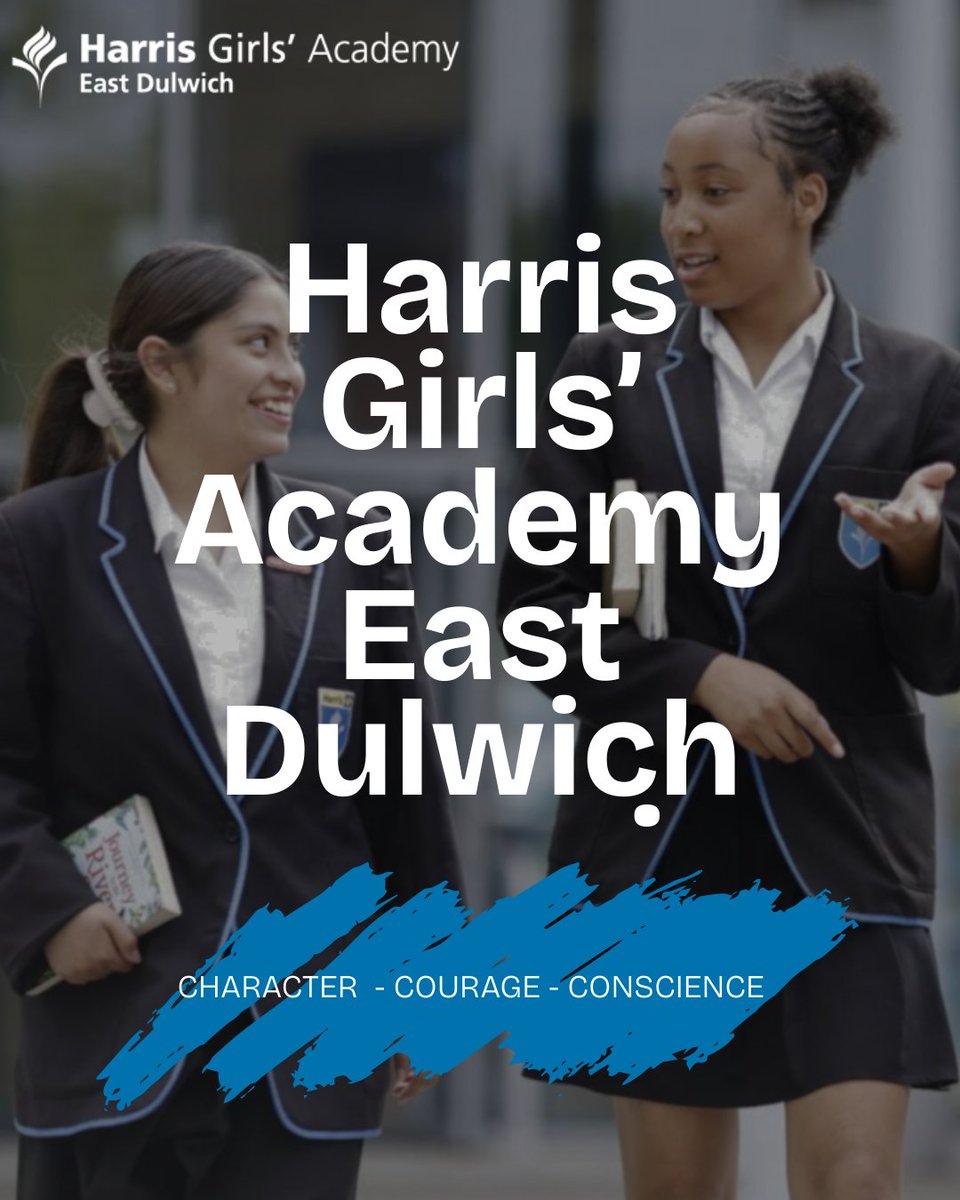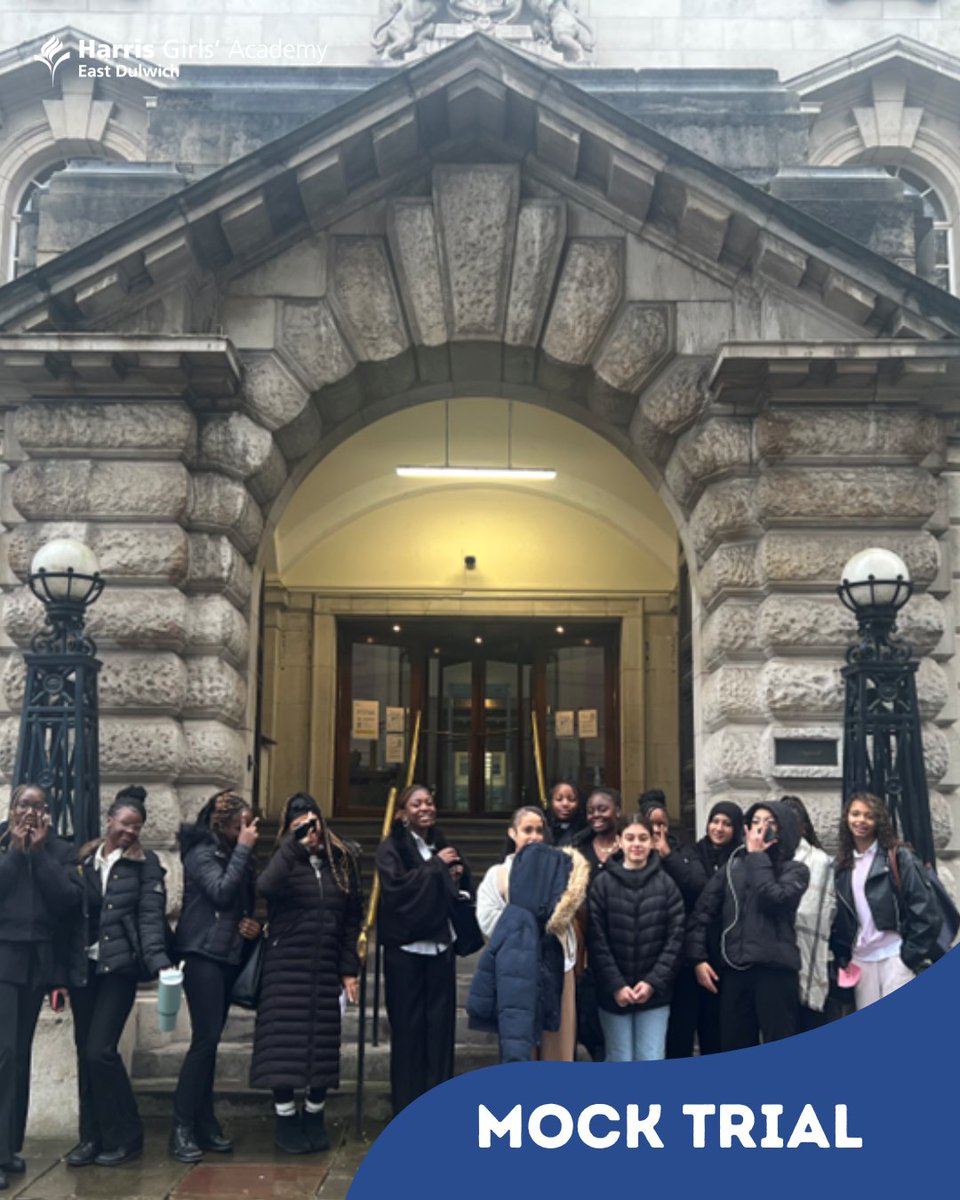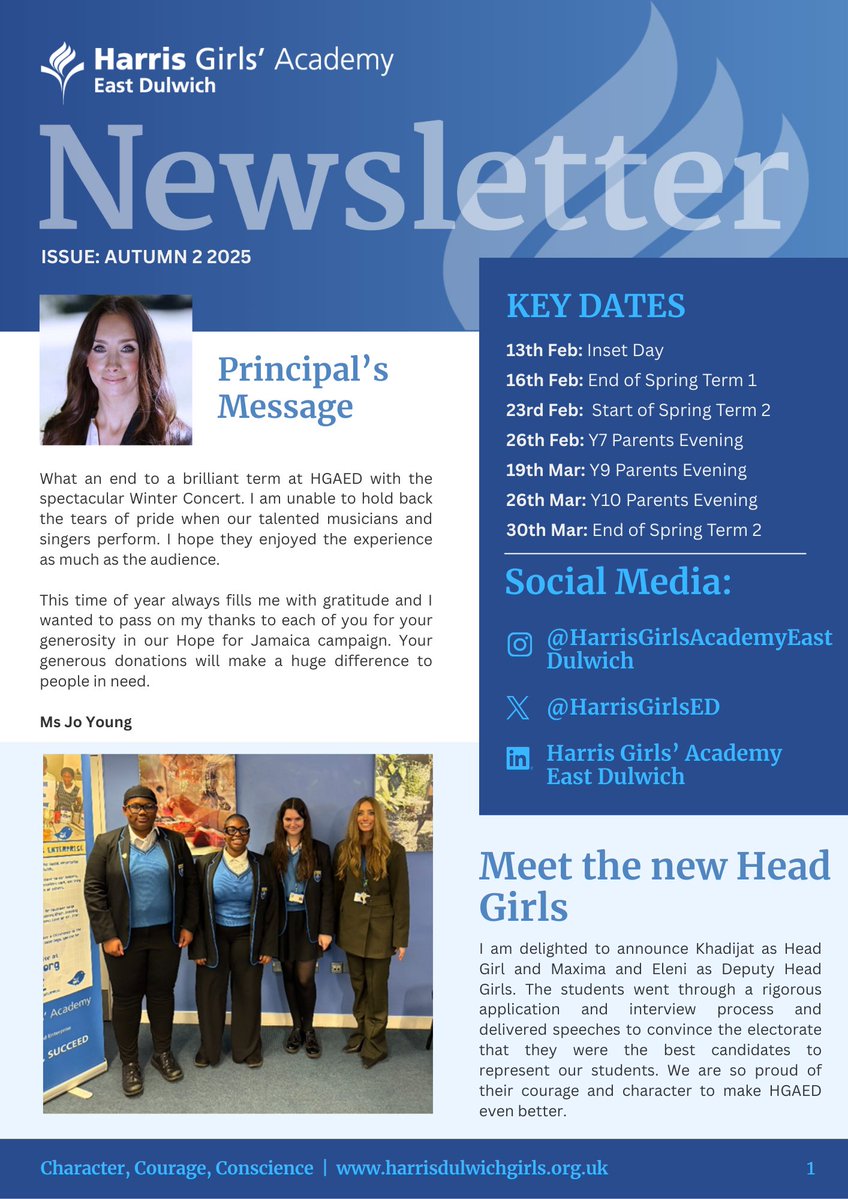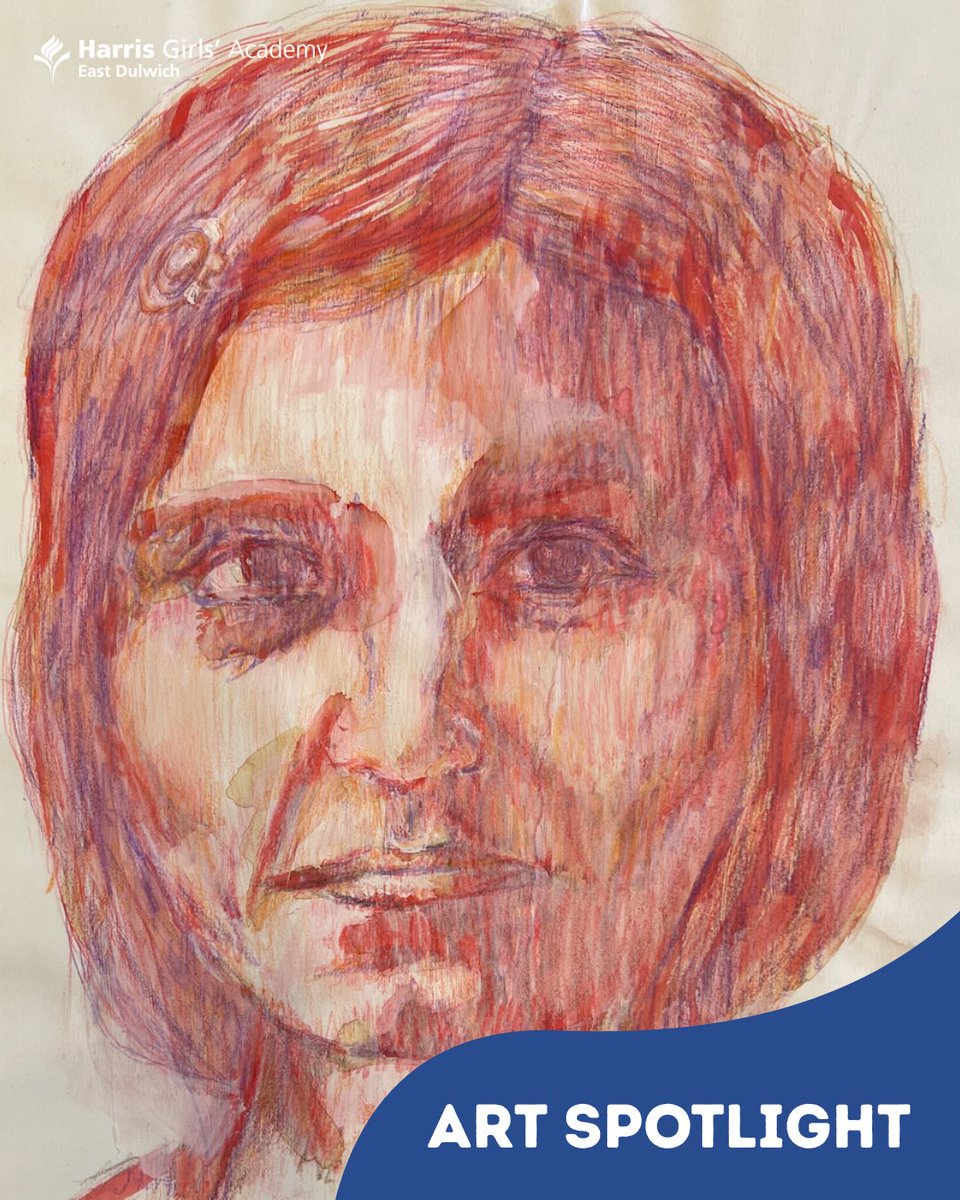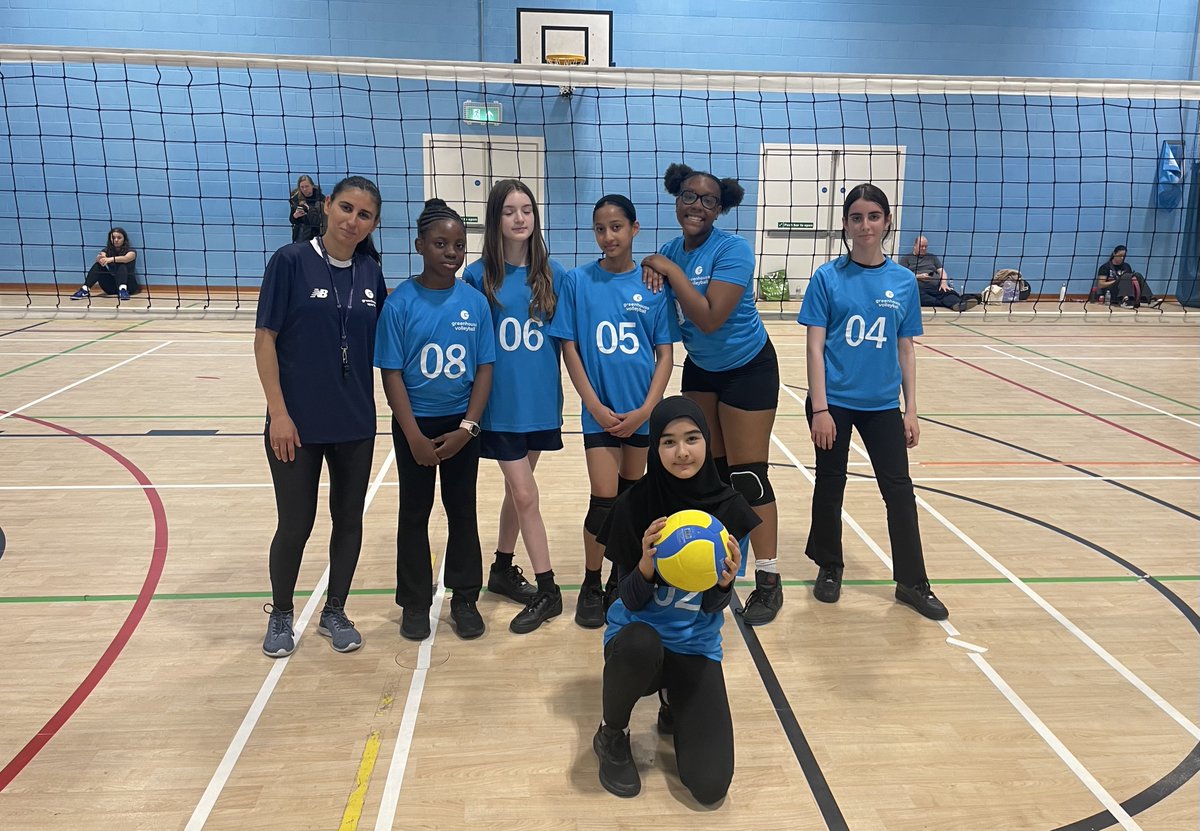
Parent Advice Hub
On this page you will find links to useful websites and other resources relating to issues that parents need to know about.
We will be updating this page regularly as new sources of information and guidance become available. Please see our safeguarding page for details of how we approach safeguarding within the academy.
Preparing for exams
Please visit our Examinations page to find links to published resources which aim to help young people in Years 11 and 13 through the exam period. There is a range of guides, blogs and other documents for students, or teachers, parents and carers, to support them and help to manage exam pressure.
 Parents - How to cope when your child can't
Parents - How to cope when your child can't
BBC Radio 4 recently released a pod cast called 'How to cope when your child can't - Advice for parents on how to cope when their children are having mental health problems' as part of the 'All in the Mind' series.
The podcast is a collection of experiences and information from psychological research; we hear top tips for parents like problem solving, self-compassion and creating boundaries. Click HERE to listen to the podcast.
Kooth - information sessions for parents
Kooth, the free online mental wellbeing community for young people, offers monthly information sessions for parents and carers interested in finding out more about Kooth services.
The sessions take your through all that the Kooth website has to offer the young people in your care to support their mental wellbeing - from free counselling chat to age-appropriate articles and mini activities. The session will cover how we can keep young people safe and a live tour of the Kooth site. There will also be an opportunity to ask questions if you wish. Click HERE to find out more.
 HGAED Student Support Card
HGAED Student Support Card
We have recently created the HGAED Student Support Card, a handy pocket aide with support services available to young people.
It's designed in particular for when students need help and are not in school or can't access a trusted adult. We’ve given every student a copy of the card but you can also download a copy of the Student Support Card.
Self-harm
Self-harm is when people hurt themselves as a way of dealing with very difficult feelings, painful memories or overwhelming situations and experiences. Self-harm is a complex issue and some people have described it as a way to express something that is hard to put into words, turn invisible thoughts or feelings into something visible, change emotional pain into physical pain or reduce overwhelming emotional feelings or thoughts.
Some people may describe a short-term sense of release after self-harming, but the cause of their distress is unlikely to have gone away. Even though there are always reasons underneath someone hurting themselves, self-harm does carry obvious risks and once people have started to depend on self-harm, it can take a long time to stop.
If you are worried that your daughter or one of her peers is self-harming, please do not hesitate to get in touch with us so that we can work together to implement support. You can also find resources for support at the following links.
Support for young people
- mind.org.uk/information-support/types-of-mental-health-problems/self-harm/about-self-harm/
- selfharm.co.uk
- selfinjurysupport.org.uk - urgent help
- calmharm.co.uk
- kooth.co.uk
Support for adults
Click HERE to download Coping With Self-Harm: A Guide for Parents/Carers.
www.qwell.io offers anonymous remote one-to-one mental health support and guidance for adults.
Ukraine - supporting your child
Parents and carers might find the following links helpful when it comes to supporting children who are worried about the situation in Ukraine.
- Supporting a child if they see upsetting content online about what is happening in Ukraine - article on Childnet.com
- We should not hide from children what is happening in Ukraine - article on schoolsweek.co.uk by the Children's Commissioner
- How to talk to children about what’s happening in Ukraine and World War Three anxiety - article on metro.co.uk
- Help for teachers and families to talk to pupils about Russia’s invasion of Ukraine and how to help them avoid misinformation - Department for Education guidance
 Sexual harassment and abuse
Sexual harassment and abuse
Online Sexual Harassment - A guide for parents from the Children's Commissioner. Please have a look at this useful guide from the Children’s Commissioner for England which provides lots of valuable guidance and advice for parents about sexual harassment online.
The Stop Abuse Together website brings together advice and resources to help you keep the children in your life safe from sexual abuse.
E-safety - parental control
OurPact (https://ourpact.com/) is an app that parents can download which allows them to control their child’s internet usage. It lets parents set times that their child can access WiFi or 4G networks on their phones. It can be operated remotely, so the child has no control over it. And it also shows parents what apps the child downloads.
Lots of us rely on technology for entertainment and keeping in touch with friends and family. You may find useful the following articles from ‘Thinkuknow’, an education programme from the National Crime Agency’s Child Exploitation and Online Protection progarmme, to you keen your children safer online:
- A parent's guide to privacy settings
- Gaming: what parents and carers need to know
- What is the Internet of Things (IoT)?
ParentSafe - online safety.
In our ever evolving online world and technological devices, it can be difficult to navigate safeguarding your children and protecting them from the harms of the world wide web. To help, the London Grid for Learning have compiled a page called ‘ParentSafe’ where you can access top tips and insight into relevant topics about life online such as safe settings and controls, screentime, talking to children about difficult topics and where to get more help or report concerns. To access this, pleasefollow this link: Parentsafe by LGFL.
Indecent images of children: guidance for young people
The Home Office has published guidance to help young people understand the law on making or sharing indecent images of children. The guidance includes:
- definitions of some of the terms used in legislation
- examples of situations covered by the law
- three short films highlighting the harm that viewing indecent images of children can cause.
Childline have created a tool to help remove a nude image shared online. Please use the link to access this facility.
TikTok
TikTok is a very popular social media platform for young people. Download TikToc: What parents need to know, produced by the Metropolitan Police and National Online Safety. The leaflet also details key safety tips for parents.
If you have any questions or concerns, please don’t hesitate to contact Christine Lamb, Education Welfare Officer c.lamb@harrisdulwichgirls.org.uk
Think You Know website
The Think You Know website is created by the police for parents of children at secondary school. It contains useful information about:
- what children are doing online
- how to talk to children about what they are doing online
- what risks your child might face
- and what tools are there to help them stay safe.
Concerns about the Dark Web?
The National Crime Agency in collaboration with the Children’s Society and the Marie Collins Foundation have created a short informational film and factsheet for parents and carers and can be accessed via the link below.
The resource has been created in response to recommendations from professionals and from research which found that many parents and carers do not understand the Dark Web and feel unequipped to talk to a young person should the need arise.
It aims to support parents and carers to understand the Dark Web, young people's use of it and how to discuss issues around it with young people who are using it.
Click HERE to watch the films and download the factsheets about the Dark Web.
Other useful resources
Click HERE to download Ten Top Tips for parents and carers on online safety.
talk.iwf.org.uk - 1 in 4 teenagers receives unwanted sexual messages online. This website from the Internet Watch Foundation explains what parents need to know about online child sex abuse and what they can do to keep their children safe.
www.nationalonlinesafety.com - Online safety guides for parents and carers on a wide range of social media apps and platforms including Instagram, Minecraft, WhatsApp, Twitter and many more.
www.saferinternet.org.uk – Childnet International has produced guidance for parents and carers on looking after the digital wellbeing of children and young people. The guidance includes top tips to support young people at this age and ideas to help start a conversation about digital wellbeing.
www.childnet.com – Visit the ‘Know It All’ Section for an interactive guide about online safety
www.getsafeonline.org – Free up-to-date security advice
www.ceop.police.uk – Website of the Child Exploitation and Online Protection Centre
www.bbc.co.uk/onlinesafety – guidance about how to make the most of being online while staying safe.
www.net-aware.org.uk - NSPCC site that provides guidance to parents on social networking sites, apps and games.
The Welsh Government also has a very useful resources page, including links to a new series of ‘Start the Conversation’ films and guides especially for families about important online safety issues.
